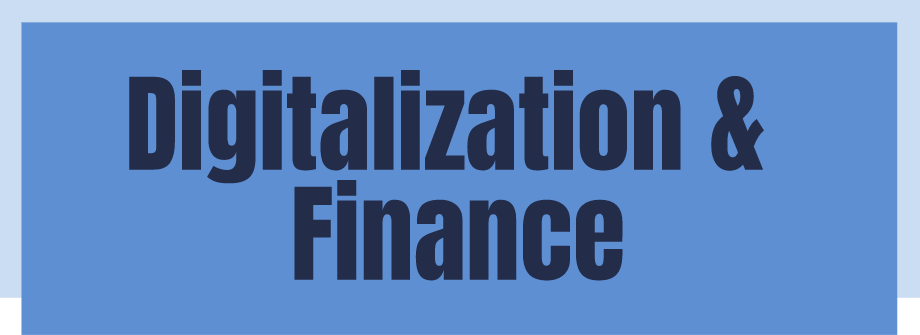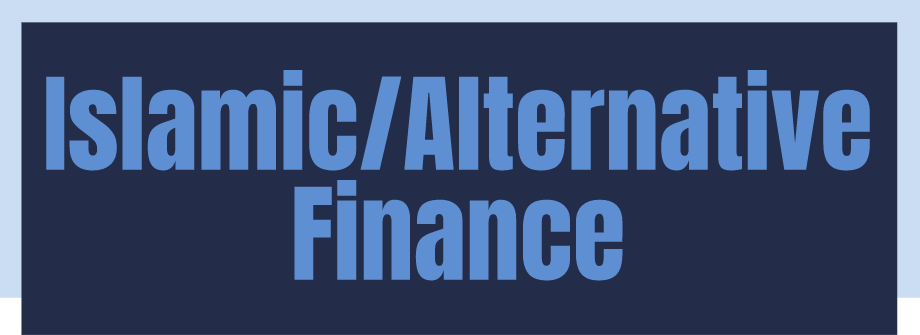The Environment & Finance Working Group envisions a fiscal framework where the intrinsic value of natural capital is not only recognised but fully integrated into public financial systems. By pioneering innovative financing instruments—such as green bonds, environmental levies, and impact investments—the Group seeks to internalise the economic benefits of ecological stewardship and embed these into fiscal decision-making. These discussions are critical in challenging the entrenched economic and fiscal frameworks that have historically undervalued natural capital and disadvantaged developing nations. In advocating for a transformative shift, the Group aims to influence new thinking towards the creation of institutions that are both inclusive and equitable, ensuring that environmental regeneration is at the core of a reformed fiscal architecture that serves global as well as local needs.


At the intersection of fiscal transformation and the digital revolution, the Digitalisation & Finance Working Group critically interrogates the challenges and opportunities posed by emerging technologies in reshaping economic orders. The Group scrutinises how outdated regulatory frameworks—encompassing export controls, intellectual property rights, and conventional tax treaties—fail to adequately capture the nuances of the digital economy. This inadequacy has contributed to fiscal imbalances, often to the detriment of developing nations, and fuels phenomena such as algorithmic colonisation and unregulated foreign access to public data.
In its pursuit of a fairer fiscal landscape, the Working Group is committed to reimagining tax structures for a range of digital innovations. It research focuses on the establishment of robust tax frameworks for sectors including robotics and automation, recognising that these technologies not only drive productivity but also necessitate equitable contributions towards development. Similarly, the proliferation of data centres—critical infrastructures in the digital era—raises complex issues regarding taxing rights and jurisdiction, highlighting the urgent need for modernised fiscal policies that can effectively capture value in a digitalised economy.
Through incisive policy analysis and proactive stakeholder engagement, the Group advocates for digitalisation as a transformative tool to reframe existing fiscal and economic orders. By challenging archaic, controlled systems, it aspires to catalyse the creation of innovative institutions that are transparent, inclusive, and resilient—thereby empowering all nations, particularly those historically marginalised, to reclaim fiscal sovereignty in an interconnected world.




The Islamic Finance and Alternatives to Finance Working Group reimagines fiscal governance by merging time-honoured ethical finance principles with modern technological innovation. By institutionalising zakat as a structured and impactful pillar of fiscal governance and promoting sukuk as a viable, ethical alternative to interest-based debt, the Group transforms these instruments into powerful mechanisms for wealth redistribution and sustainable development. Such discussions are essential for challenging the prevailing economic and fiscal frameworks that have long marginalised developing nations through exploitative financial practices.
Equally, the Group recognises the value of alternative financial models, including those rooted in indigenous traditions and community-based practices, which have long championed principles of mutual aid, equitable resource distribution, and collective responsibility. These indigenous approaches offer vital insights into sustainable fiscal models that challenge the exploitative financial practices inherent in conventional economic frameworks. In addressing these issues, the Group engages in critical discussions aimed at dismantling the prevailing fiscal orders that have historically marginalised developing nations. Through this approach, the Working Group aspires to inspire innovative thinking and contribute to the creation of global institutions that prioritise fairness, transparency, and fiscal sovereignty—thereby paving the way for a more just and resilient global economic order.